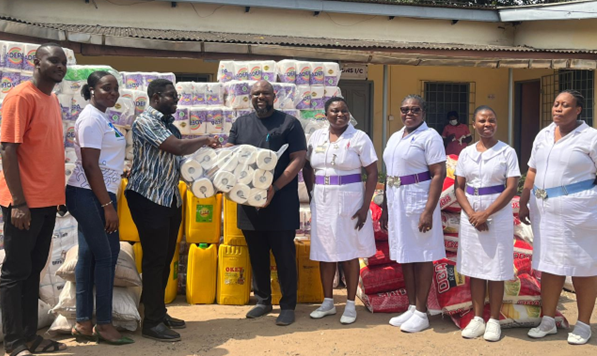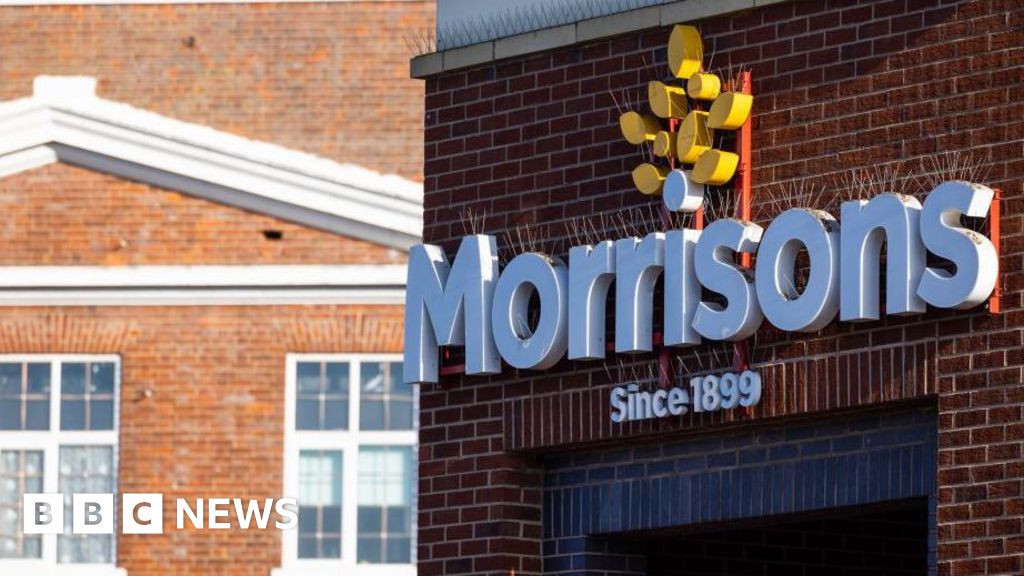Russia’s top diplomat said Wednesday that his country’s territorial ambitions in Ukraine might broaden, as European leaders warned their citizens to prepare for sacrifices in the face of a conflict that shows no sign of ending any time soon.
In recent months, Russian forces have concentrated their assault on eastern Ukraine, which by all indications Russia appears determined to annex as it did Crimea in 2014. But on Wednesday, Foreign Minister Sergey V. Lavrov told the Russian state news agency that Moscow was now casting its gaze on a swath of Ukraine’s south, as well, specifically naming the Kherson and Zaporizhzhia regions as well as “a number of other territories.”
“This is an ongoing process,” Mr. Lavrov said in an interview with RIA Novosti.
In comments reminiscent of the justification offered for the invasion by President Vladimir V. Putin, who said Western military aggression had left him no choice, Mr. Lavrov said Ukraine’s allies were to blame if Russia expanded its military objectives.
He pointed in particular to multiple rocket launchers that the United States has begun delivering to Ukraine, which have been credited with slowing the Russian advance by hitting faraway targets like munitions depots. American military officials said Wednesday that they planned to send four more of the M142 HIMARS multiple-rocket launch vehicles, as well as more of the guided rockets they fire and more guided artillery ammunition.
Russian officials have given varying — at times contradictory — accounts of their war aims. But Western officials have always scoffed at Moscow’s claims that its invasion is anything less than an act of expansion — an attempt to reclaim territory lost with the fall of the Soviet Union — and on Wednesday, even as Europe baked in a heat wave for the record books, they made clear that a winter of war lay ahead, warning of energy shortages and urging solidarity.
“Putin is trying to push us around this winter, and he will dramatically fail if we stick together,” the president of the European Commission, Ursula von der Leyen, said Wednesday.
In a speech announcing the commencement of the full-scale invasion on Feb. 24, Mr. Putin claimed that Russia did not intend to occupy the country or “impose anything on anyone by force.” Moscow wanted simply to “demilitarize” a neighbor it viewed as a threat, he said. He cited the danger of NATO missiles stationed in Ukraine and aimed at Russia — though Ukraine is not a NATO member and no such missiles are on its soil.
That narrative began to shift as Russian forces unexpectedly stumbled in their drive to capture Ukraine’s capital, Kyiv. Mr. Putin then began emphasizing that the protection of Russia’s proxies in Ukraine’s eastern Donbas region and their self-declared republics was the Kremlin’s main aim.
Since then, city after city in the region has fallen under a relentless Russian assault that has leveled whole neighborhoods, killed thousands of civilians and sent many others fleeing for safety. Russian forces have taken over one of the Donbas’s two provinces, Luhansk, and are now trying to bring the other, Donetsk, to heel as well.
Better Understand the Russia-Ukraine War
But Russian victory there is not a foregone conclusion, the top American military official said Wednesday. “No, it’s not lost yet,” Gen. Mark A. Milley said at a news briefing when asked about the region’s prospects.
To the south, in Kherson, there were signs that Ukraine might be about to launch a broad counteroffensive. In just the past 48 hours, a critical bridge was shelled, a Russian fighter jet was shot out of the sky, ammunition depots were destroyed and a cluster of soldiers was attacked. Kherson, a port and shipbuilding center that Russia seized early in the war, is also a staging ground for Russian military operations across southern Ukraine.
An attempt to recapture the city would have immense symbolic value for the government of President Volodymyr Zelensky, but from a strategic standpoint, the timing may also be critical. A National Security Council spokesman said this week that Russia planned to annex territories it has captured, including Kherson.
“Ukraine and its Western partners may have a narrowing window of opportunity to support a Ukrainian counteroffensive into occupied Ukrainian territory before the Kremlin annexes that territory,” said the spokesman, John Kirby.
Mr. Kirby said Moscow was installing proxy officials expected to call “sham” votes on joining Russia and forcing residents to apply for Russian citizenship, and that it appeared ready to declare the ruble the official currency in occupied territory, as it did after it seized the Crimean Peninsula in 2014.
“Russia is beginning to roll out a version of what you could call an annexation playbook,” Mr. Kirby said.
On Wednesday, Ukraine’s foreign minister, Dmytro Kuleba, denounced his Russian counterpart’s signal that Moscow may expand its military goals.
“By confessing dreams to grab more Ukrainian land,” Mr. Kuleba said on Twitter, “Russian foreign minister proves that Russia rejects diplomacy and focuses on war and terror. Russians want blood, not talks.”
In an interview with a Ukrainian magazine, a top aide to Mr. Zelensky expressed hopes that the U.S. weapons would arrive in sufficient number to allow Ukrainian troops to prevail before Russia could cement its gains.
“It is very important for us not to enter the winter,” said Mr. Zelensky’s chief of staff, Andriy Yermak. “After winter, when the Russians will have more time to dig in, it will certainly be more difficult.”
Ukrainian officials have pushed hard for the West to provide more weaponry, especially longer-range rocket artillery. Their hope is that with that firepower, they may be able not just to block Russia’s advance but also to win back lost territory.
“We all strive to liberate Ukraine from the enemy,” the spokeswoman for Ukraine’s southern forces, Natalia Humeniuk, said this week. “We have a single goal.”
In announcing Wednesday that the United States was sending four more HIMARS rocket launchers, Defense Secretary Lloyd J. Austin III appeared at pains not to overstate their potential.
“That affects the tempo of the fight, and potentially creates some opportunities here,” Mr. Austin said. “There’s a lot more to be done — the HIMARS alone will not change or win or lose a fight.”
And the total number committed so far — 16 from the United States, and a smaller number of similar systems from allied countries — is far less than what Ukraine and outside military experts say is needed to attain battlefield parity.
Still, Ukrainian forces on Tuesday used one of the launchers to hit the Antonivsky bridge in Kherson, an adviser to the country’s interior minister said. The bridge has been the main transit route for Russian supplies coming in from Crimea. Eleven more strikes hit the bridge on Wednesday, according to the deputy head of the pro-Russia administration in Kherson.
Ukraine’s armed forces also said they had blown up a Russian radar system in Kherson using projectiles fired from more than 60 miles away.
Ukraine was also pressing its case off the battlefield.
In Washington, its first lady, Olena Zelenska, appeared before Congress on Wednesday, a day after meeting with Jill Biden at the White House, to ask for more weapons to defend against “Russian hunger games.”
In a rare appearance by a foreign first spouse before Congress, Ms. Zelenska showed photographs of children whose lives had been destroyed by the war. Among them was Sophia, a girl from the Kyiv suburb of Bucha, who lost her mother and her arm during the war.
“Russia is destroying our people,” Ms. Zelenska said.
Reporting was contributed by Matina Stevis-Gridneff, Carly Olson, John Ismay, Matthew Mpoke Bigg, Stephanie Lai, Jim Tankersley and Eric Schmitt.

















Discussion about this post